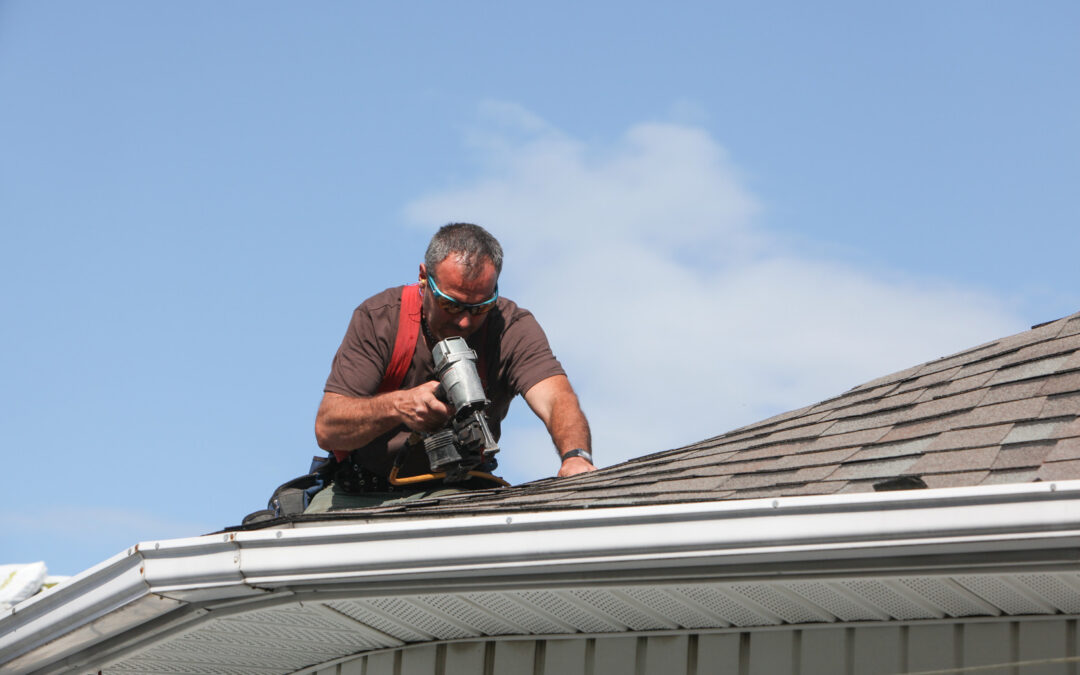Winter in Vancouver can be tough on industrial roofs. From heavy rains and strong winds to occasional snowfall and freezing temperatures, the cold season poses unique challenges for industrial facilities. A well-prepared roof is essential for safeguarding your business operations and preventing costly damage. In this blog, we’ll explore practical cold-weather roofing solutions tailored for Vancouver’s industrial facilities.
1. Prioritize Regular Roof Inspections
Routine roofing inspections are your first line of defense against winter roofing issues. Professional roofers can identify and address potential problems, such as cracks, leaks, or weakened areas before they escalate during colder months. Scheduling an inspection in late fall ensures your roof is winter-ready.
2. Reinforce Roof Insulation
Proper insulation is crucial for industrial facilities during winter. It not only prevents heat loss but also minimizes the risk of ice dams forming on the roof. Upgrading insulation in your industrial roof system can improve energy efficiency and reduce heating costs, a significant advantage during Vancouver’s chilly months.
3. Ensure Proper Drainage
Vancouver’s winters are known for heavy rain, making effective drainage systems critical. Industrial roofs, especially flat ones, are prone to water pooling, which can lead to leaks and structural damage. Inspect and clean gutters, downspouts, and drains regularly to ensure water flows freely.
4. Use Durable, Cold-Resistant Materials
Investing in roofing materials designed to withstand cold weather is a smart move. Metal roofing, for example, is highly durable and performs well in extreme temperatures. Adding weather-resistant coatings can provide an extra layer of protection against moisture and ice buildup.
5. Address Roof Seals and Flashings
Cold temperatures can cause roof seals and flashings to contract, leading to gaps that allow water to seep in. Inspect these areas carefully and apply high-quality sealants or replace damaged components to prevent leaks during winter storms.
6. Remove Snow and Ice Safely
While Vancouver’s snowfall is typically moderate, even light snow accumulation can be problematic for industrial roofs. Excess weight can strain the structure, and melting snow can lead to water damage. Work with professional roofing contractors to remove snow and ice safely without damaging the roof.
7. Install Wind-Resistant Features
Winter storms can bring strong winds that pose a threat to industrial roofing systems. Reinforce roof edges, secure loose materials, and consider installing wind-resistant features to protect against blow-offs or damage.
8. Schedule Emergency Repairs
Unforeseen winter roofing issues can disrupt business operations. Partner with a reliable roofing contractor in Vancouver who offers emergency repair services. Quick response times during winter storms can minimize downtime and prevent further damage.
9. Explore Energy-Efficient Roofing Systems
Industrial facilities can benefit from energy-efficient roofing solutions designed to handle Vancouver’s cold weather. Cool roofs with reflective coatings or green roofing systems can help regulate indoor temperatures, reducing heating demands while protecting the building envelope.
10. Plan with a Maintenance Contract
A proactive maintenance plan ensures your industrial roofing Vancouver is monitored year-round, not just during the winter. Roofing contractors in Vancouver offer tailored maintenance contracts to keep your roof in peak condition and ready for any weather.
Preparing your industrial roof for Vancouver’s cold weather is essential to protect your facility, maintain operations, and save on long-term repair costs. From regular inspections to using cold-resistant materials, these solutions can help your roof weather the storm. Need help to winterize your industrial roof? Contact GVRD Roofing Inc in Vancouver for trusted roofing professionals today to ensure your facility stays safe and operational throughout the season.



